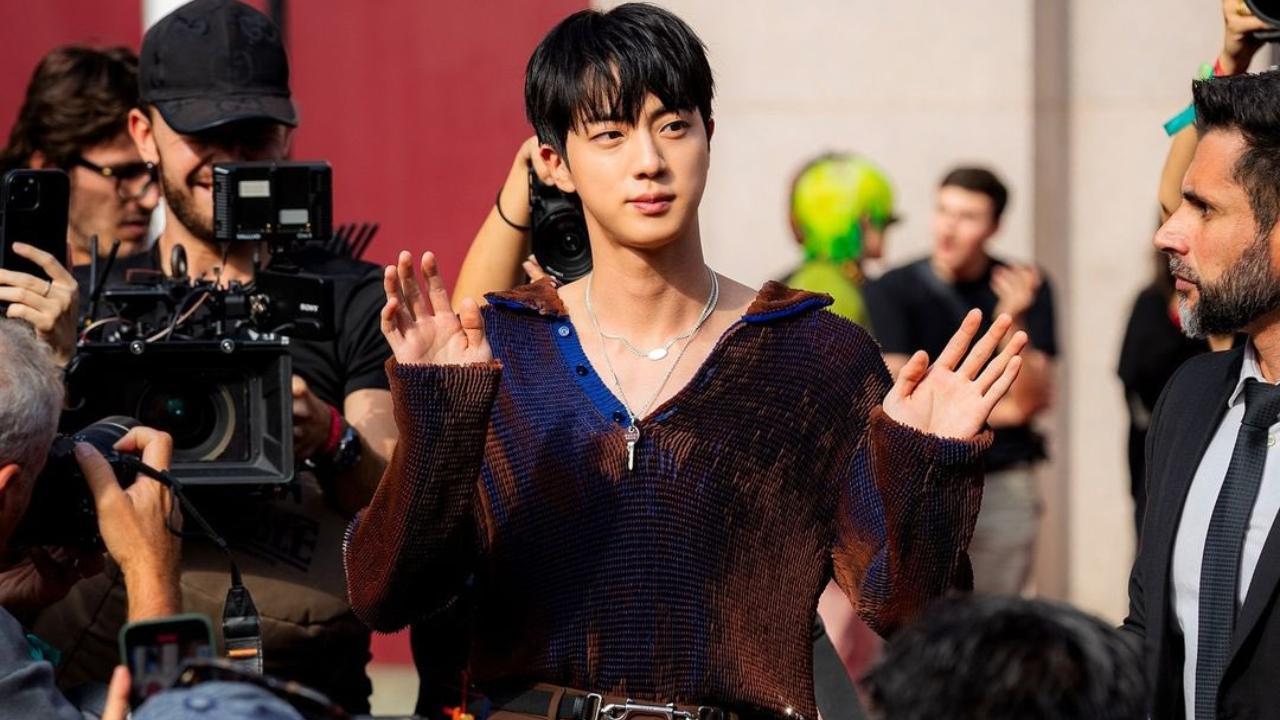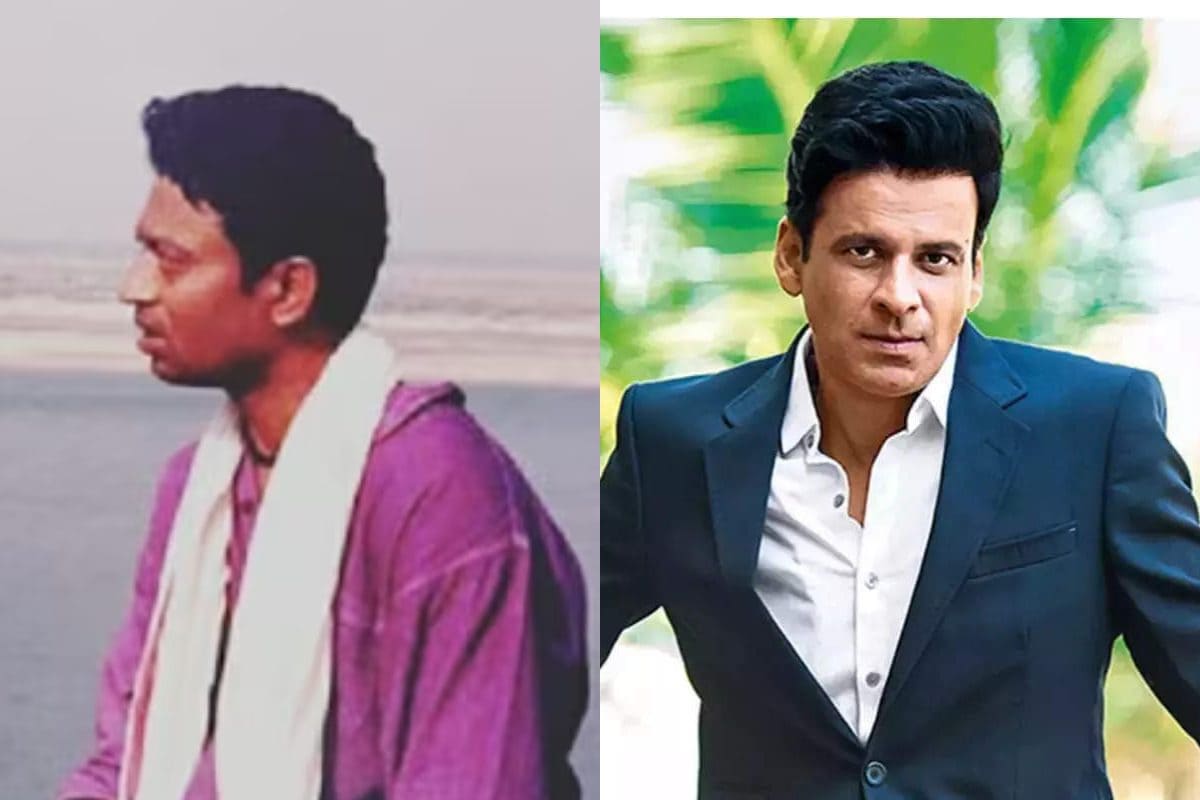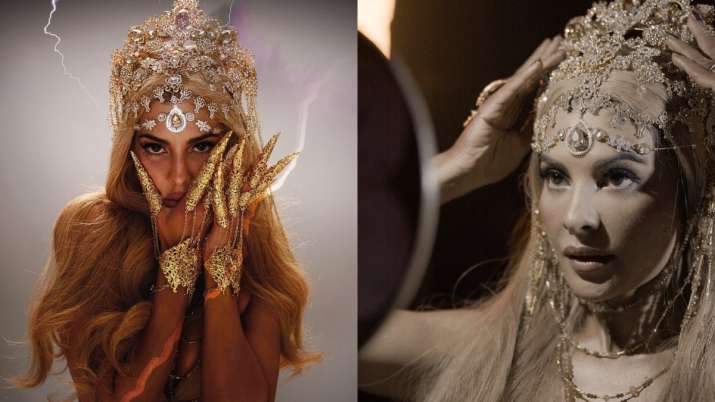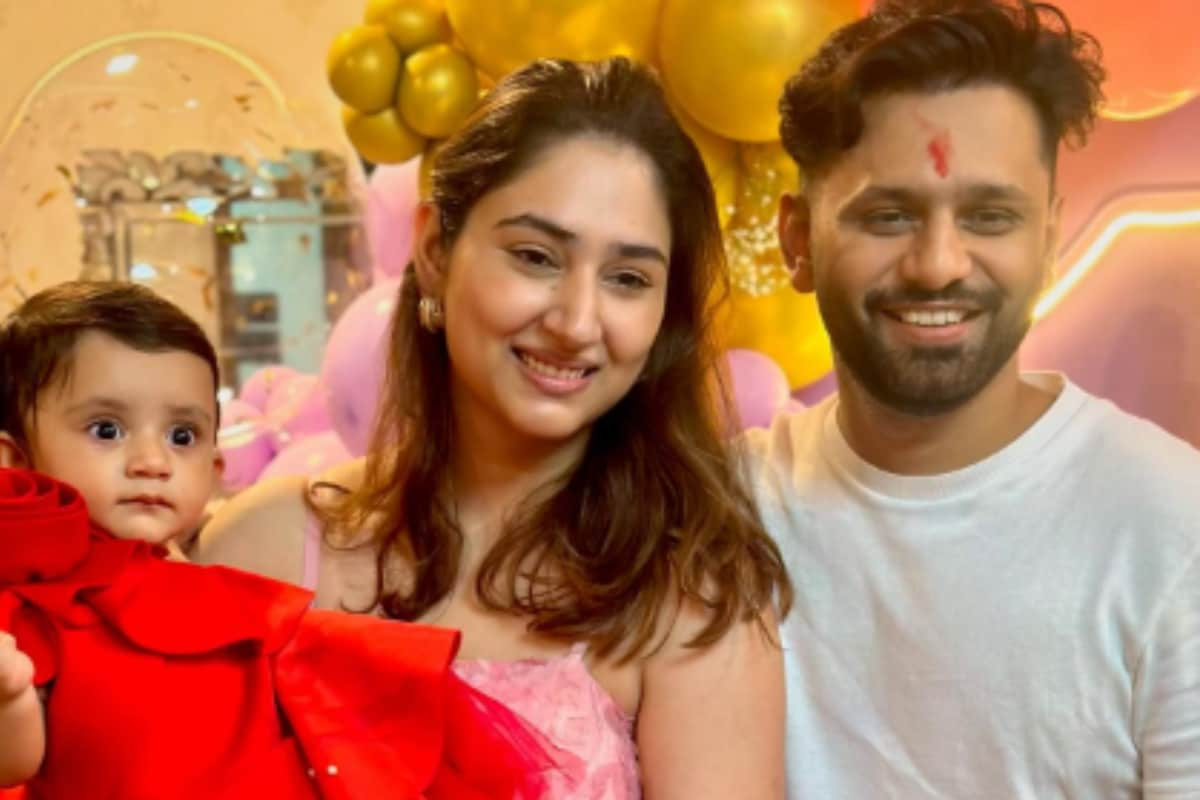It’s clear that Terry Wu is used to being the one who asks the questions. By the time we’re ready to order he already knows: how my parents met, where I grew up, who is in my family, and what languages I speak. No, I haven’t lost control of the interview – by the same point I know his wife’s profession (nephrologist), that he doesn’t get stressed or nervous (something I initially find difficult to believe), and how he balances what seems to be an impossible number of family, career and arts commitments (“I do whatever is in front of me at any given time”).
This year Terry Wu has stepped into the role of chair of ACCA. Credit: Justin McManus In between the direct answers, I also learn that the Melbourne plastic surgeon doesn’t take the easy path through a conversation. He pushes back on things like my categorisation of his time management as “compartmentalisation”, unwilling to let an imperfect comment or idea slip by.

Somehow, none of this feels like an interrogation for either of us. The conversation is immediately easy and friendly, but free of fluff. We’re at Entrecote , a French restaurant in Prahan, and after we spend two minutes in silence as we both study the menu intensely, we realise we’ve settled on the same entree and main: mussels and steak.
I quickly switch one of my dishes. “That was my second choice!” he exclaims, so we decide to share. We’re meeting not because of Wu’s medical career, but because of his work in the arts, which ranges from philanthropy, collecting, and a swathe of projects and initiatives that don’t fit neatly into a category.
Moules marinées: local mussels. sauce escabeche, rouille, grilled baguette at Entrecote. Credit: Justin McManus For the past 13 years, Wu has served on both local and international arts boards, including at ACMI, Heide and Dublin’s Science Gallery International.
This year, however, he stepped into the role of chair at the Australian Centre for Contemporary Art (ACCA), the first time he has been at the helm. Despite his experience across the arts sector and on boards, he wasn’t immediately sure if he should take on the role. “Before I accepted the invitation to chair, I was thinking – can I do this?” His hesitation wasn’t about balancing the role with his full-time work as a surgeon – it was about something he has come up against throughout his life in Australia: not having a role-model or someone to follow in the footsteps of.
“I was really thinking, I have never come across anyone like me who was the chair. I don’t come from a wealthy background. I’m a first-generation migrant.
I came here when I was 14. I didn’t speak English ..
. I didn’t go to private school,” he reflects. “In terms of art, it is still principally quite homogenous at the board level.
Artists are very diverse now, but I want to demonstrate diversity is important at all levels of the organisation and ecology. It’s not just at the grassroots,” he says. “But I can’t criticise it unless I’m going to do something about it.
” Wu’s commitment to doing something about it comes through at different points in the conversation. When he felt he wasn’t communicating as well with his daughter as he could, “I got myself a psychologist”, he explains. “I couldn’t change her, but what I could do is change myself.
” When he saw an issue in the Melbourne arts scene he enlisted a partner, interior designer Pascale Gomes-McNabb , and put his money where his mouth is. “We decided what was lacking in Melbourne wasn’t a space to show art. What was lacking was a space to make art because in metropolitan Melbourne the rent is so expensive, people can’t afford it.
” So, he purchased two properties, one in Brunswick and one in North Melbourne, and made space available to artists at an affordable price. “We never looked back. We thought we would have vacancies – we’ve not had vacancies for 10 years.
We also have not increased rent for 10 years.” Society often tries to drive a wedge between science and art – left brain, right brain, rational, irrational – but in reality the two things are harder to separate. Wu also considered leaving medicine to pursue a more creative field, but in his intern year he had a plastic surgery rotation, and everything suddenly clicked into place.
“I thought, wow. It’s very technical, it’s very sculptural, it’s very scientific and it’s very immediate in terms of helping people,” he reflects. “I thought: I like this.
I could do this. I might be good at it.” Every mention of his work in plastics is followed by a story about art.
As we cut into our steaks he explains a bit about the history of his profession – how it “comes from the word plastikos , which means ‘able to be moulded’” and how the devastating injuries of World War I forced surgeons to devise new ways to treat patients. “Plastic surgery came from the desire to reconstruct,” he tells me. “There’s an artist Kader Attia , who looks seriously into the art of repair.
” Attia’s work involves breaking mirrors and then putting them back together with staples. “I find that powerfully poetic.” Rillettes de porc: Pork rillettes, pistachio, roasted apple, cornichon, bread wafers.
Credit: Justin McManus Not having role models has made the path more difficult, but perhaps has offered more freedom for Wu to carve out a unique niche. His commitments add up to more than a full-time job, but he’s filled with enthusiasm about each and every thread of his intricate life tapestry, whether it’s modelling at Australian Fashion Week or a conversation he’s had with an artist. As chair of ACCA, “I’d like to further reinforce the importance of ACCA in the arts ecology in Australia,” he says.
“We’re able to showcase the most amazing art around the world by tapping into the conversation that is around the world, at any given time. I want Australia to be part of that conversation through the commissioning of art ..
. and tell the stories of our time. As we move past mains, through dessert and onto tea and coffee, the topics of conversation stack up and up.
Despite his accomplishments, the feeling of being an outsider lingers. “I think as a person who came to Melbourne at the age of 14, I’m always feeling like I’m the other. I feel like an interloper, even though I’m not really now, at least not in the arts and not in my cohort.
But that feeling of being the other is forever there. “But now I think in culture, in the arts, I have found people who are like me.” The bill at Entrecote.
Credit: Wu explains how upon arriving in Australia, he decided to just throw himself in the deep end. “I thought, I’m just gonna go to school and see what happens,” he said. He picked up a novel and went through it in order, learning 20 new words every day.
“I did that for two years. I wrote out each word in a little booklet, wrote down the phonetics and copied down the definition in Chinese.” He pauses.
“After two years I stopped thinking in Chinese.” “I understood the language English within two years very well, but to understand the language of culture, the subtle cultural cues and nuances ..
. it took me a good maybe 20 years to understand,” Wu continues. He tells me about his father, a skilled artist who in Taiwan was an editor of a newspaper.
“He gave up the editorial position to basically be someone who was invisible in Australia at that time. So it was very hard for him.” On his relationship with art, he says: “I think a piece of art has to make me think first of all, so you have to have a reaction.
” On building his collection of contemporary art: “It’s about a sense of helping me to understand who I am by looking at what other people do to understand who they are.” Wu is committed to contemporary art because it’s a way of looking at the world around us. “Whilst I think it is important to appreciate modernism, and the people who came before us, I think I’m drawn to the stories of today without forgetting the stories of the past,” he explains.
He underscores the respect he has for the work that has come before, but highlights that “in terms of support, I think people who are alive today, and artists who are producing art today warrant more support than people who have perhaps moved on”. By the end of the meal – which lasts three hours but doesn’t feel like it – we both kick ourselves for not choosing a bottle of wine at the outset. Ordering by the glass is not good value for money – and at every point of the meal, both of us think through what is the best value.
But it was never going to be any other way. A bottle is a commitment to spending quite a long time with someone, which can be a big ask if you start off as strangers. A glass, however, comes with an exit route.
You don’t know that you’ll get caught up in conversation until you sit down and actually try. The Booklist is a weekly newsletter for book lovers from books editor Jason Steger. Get it every Friday .
.



















